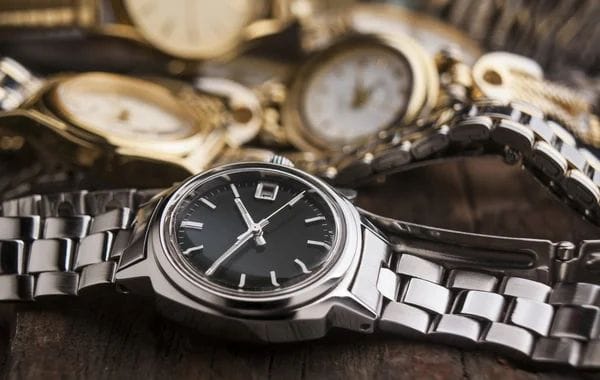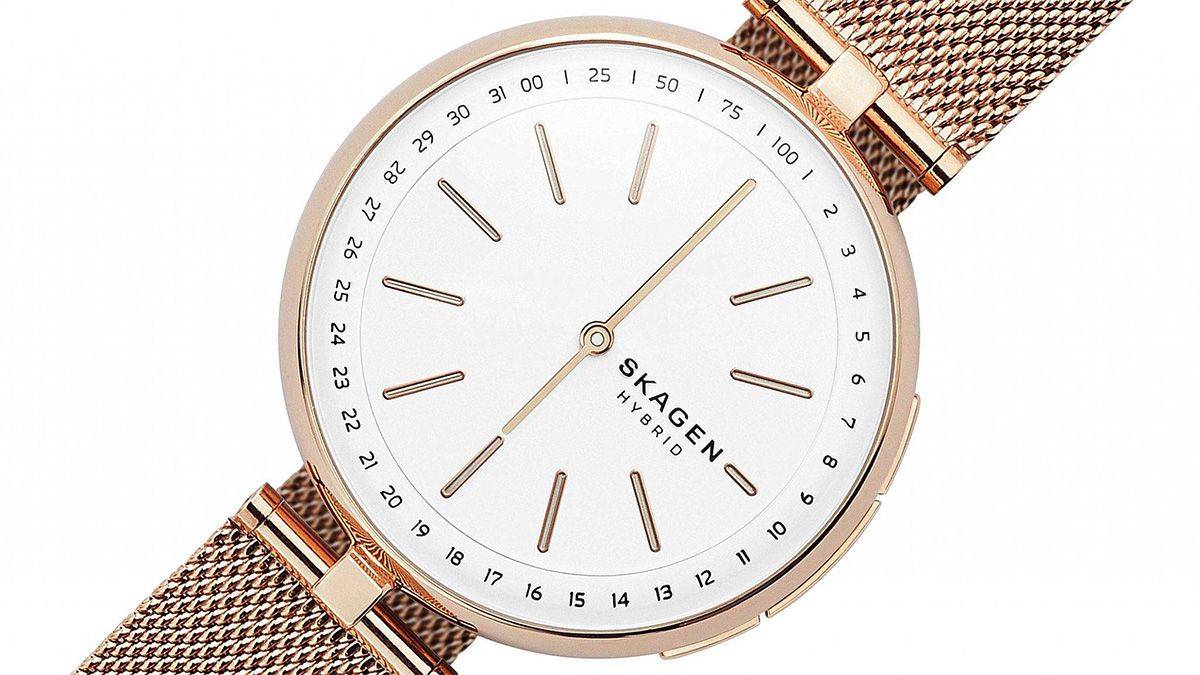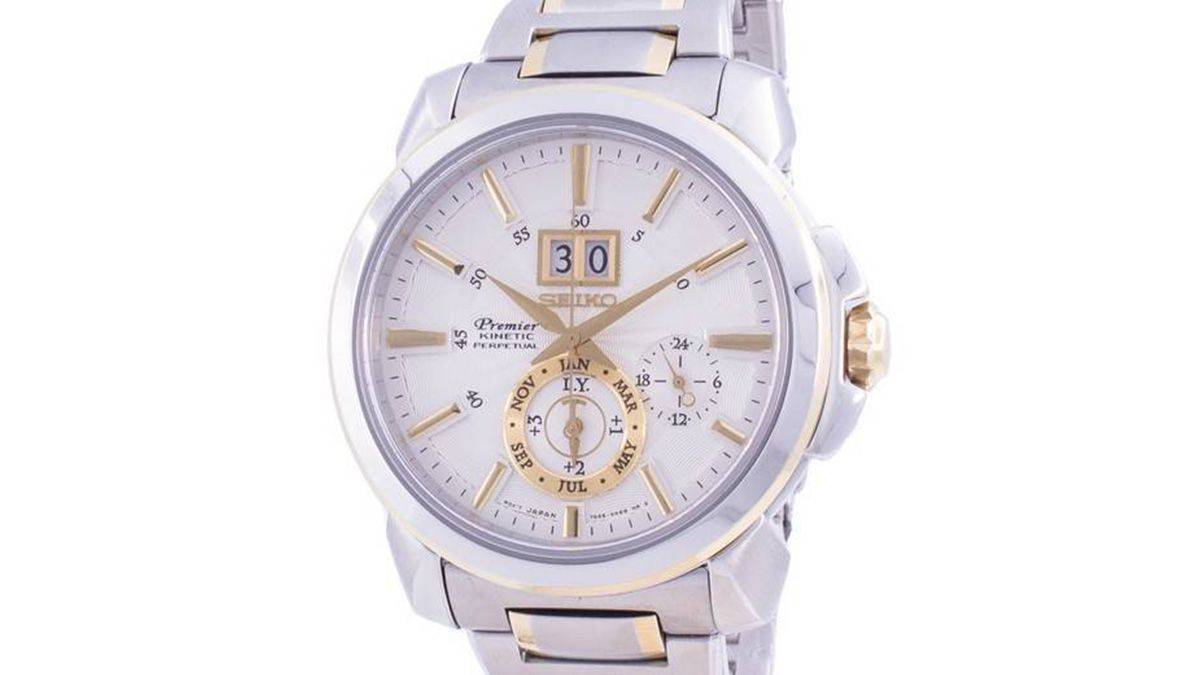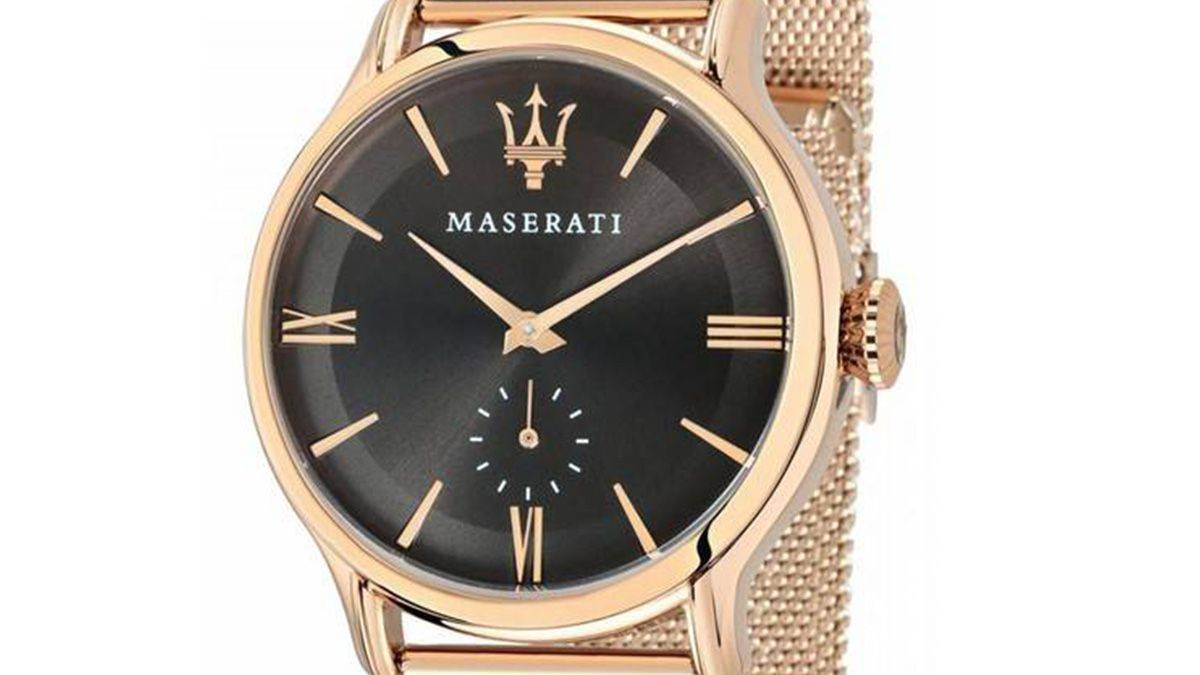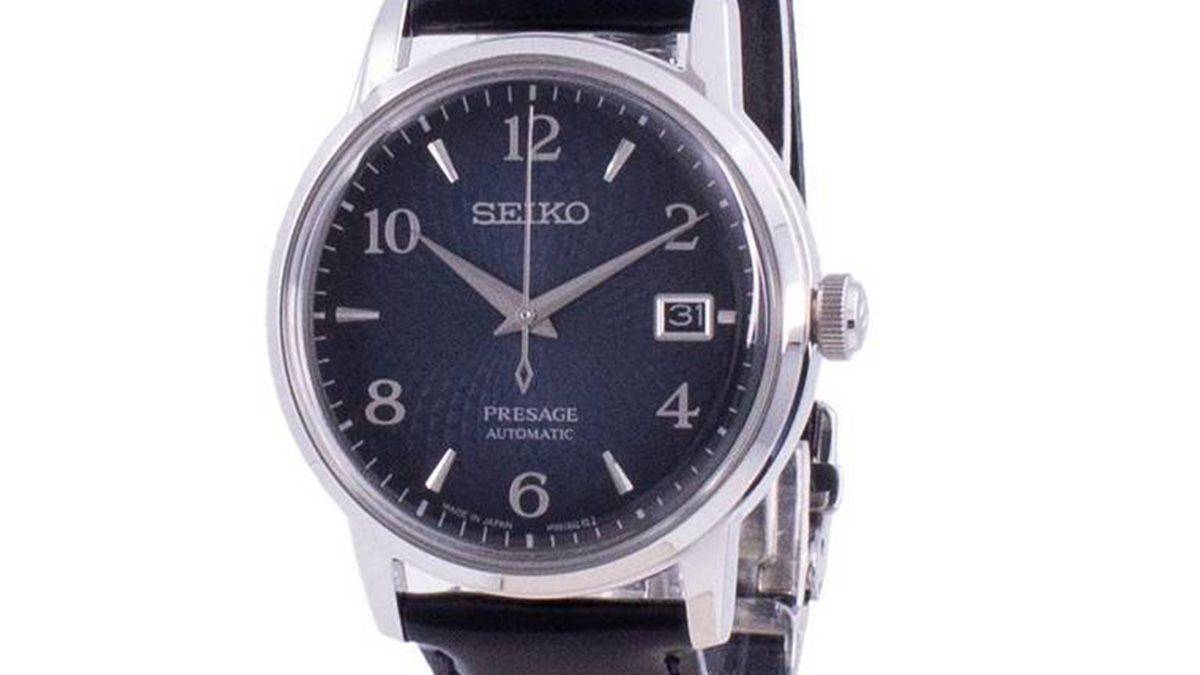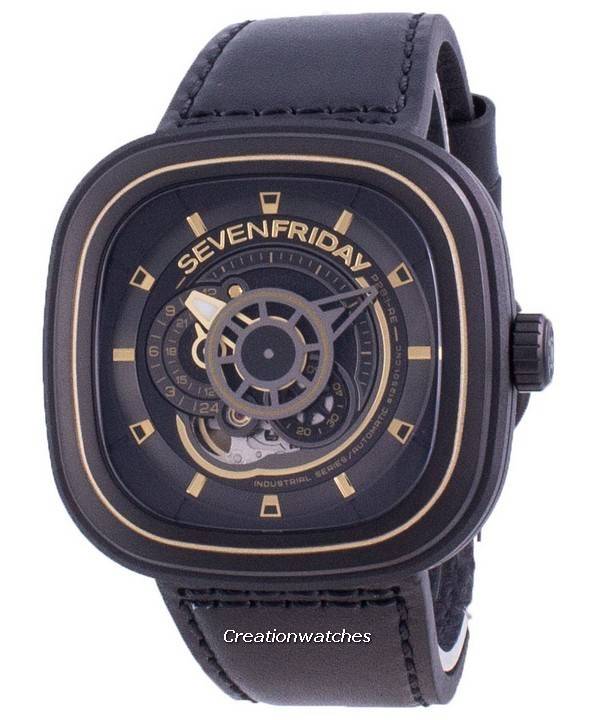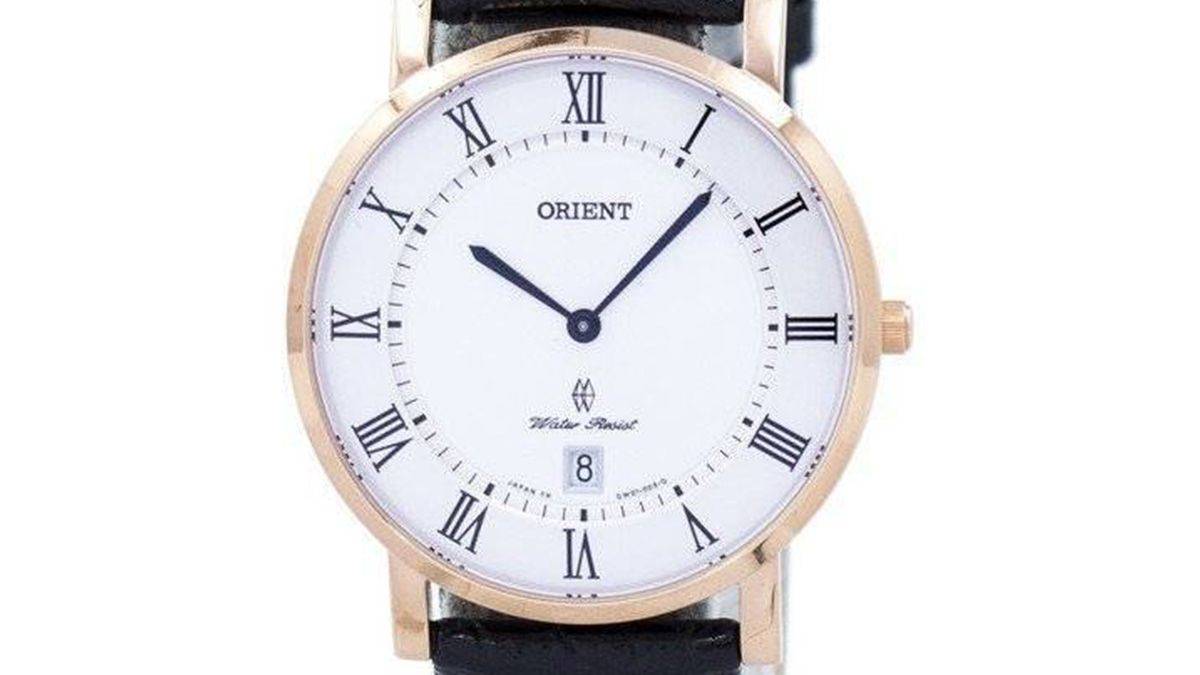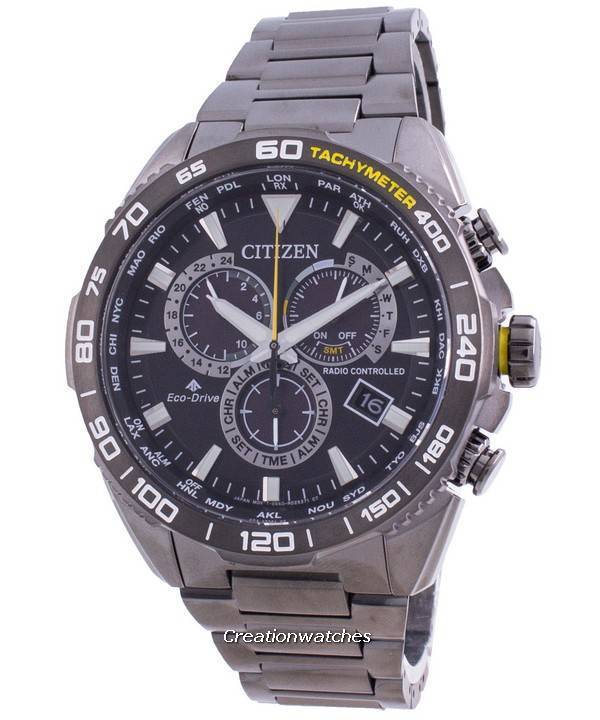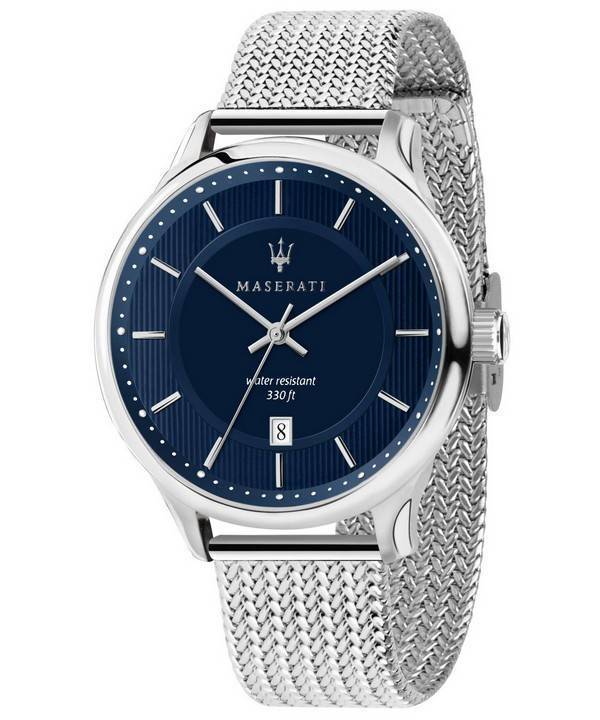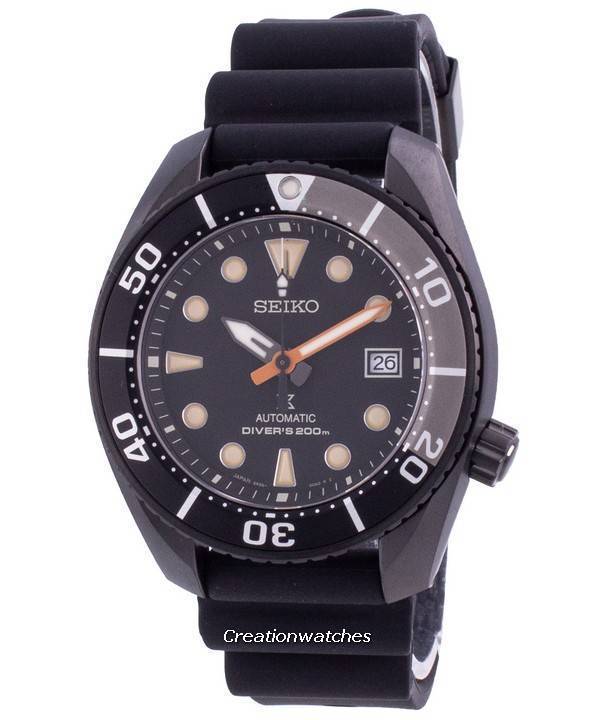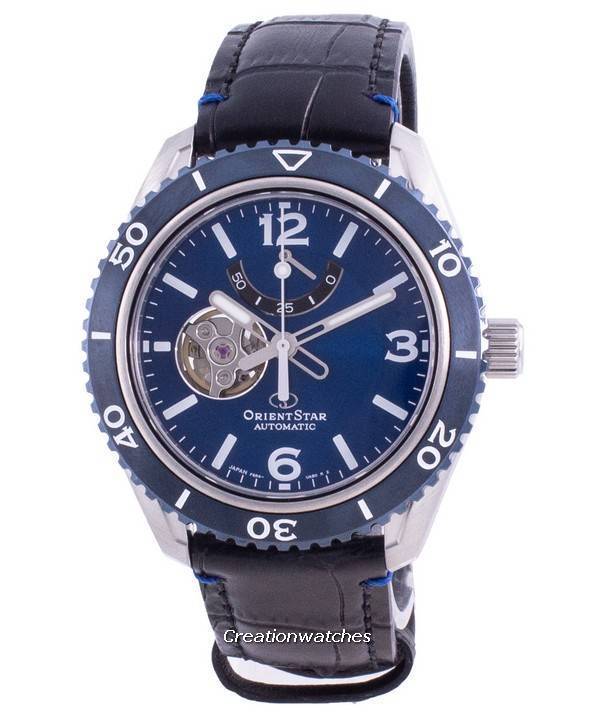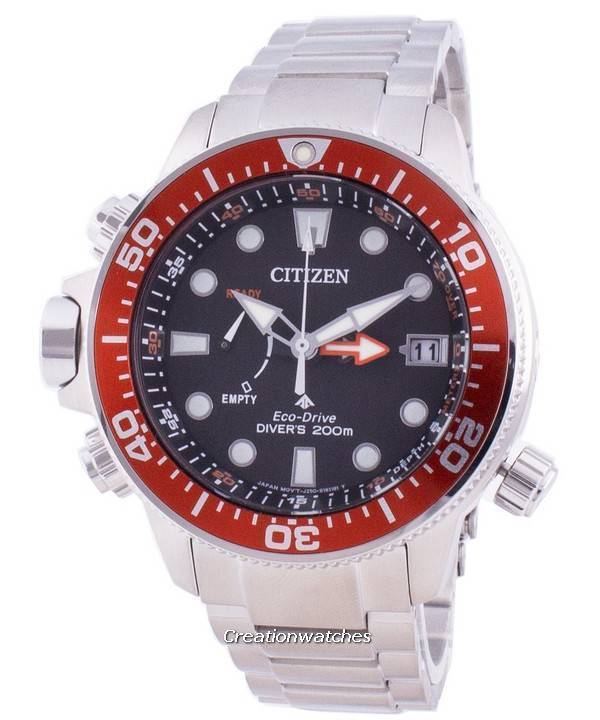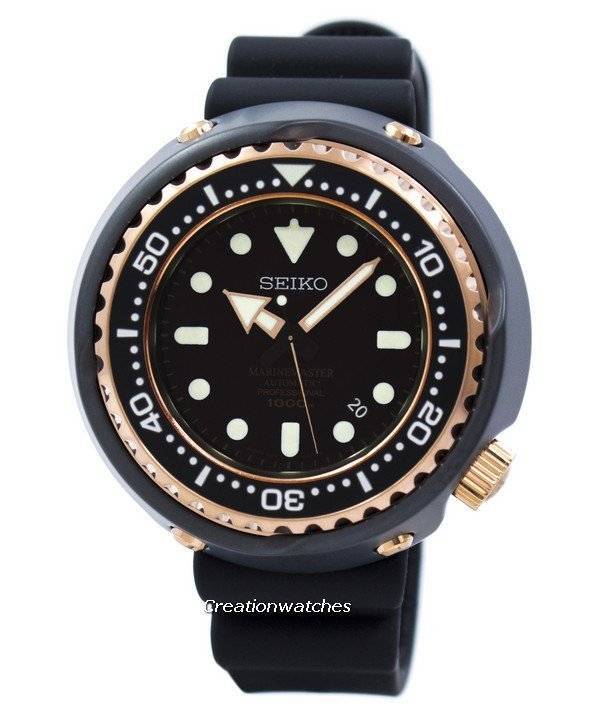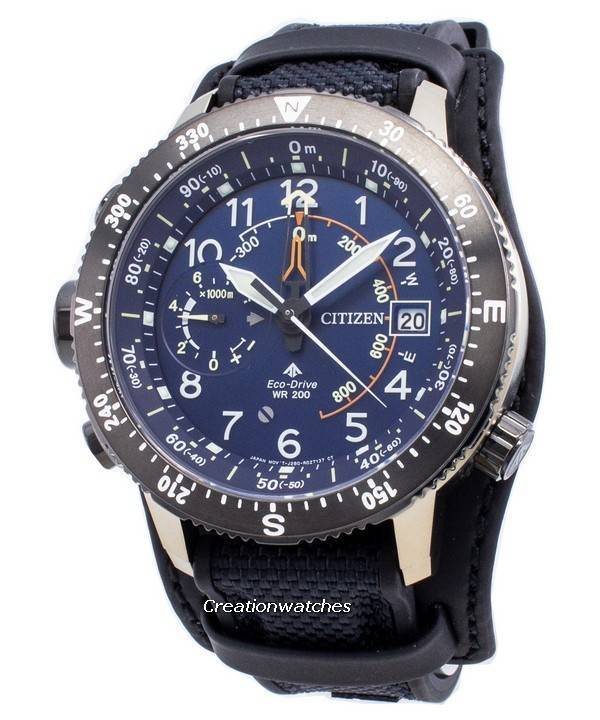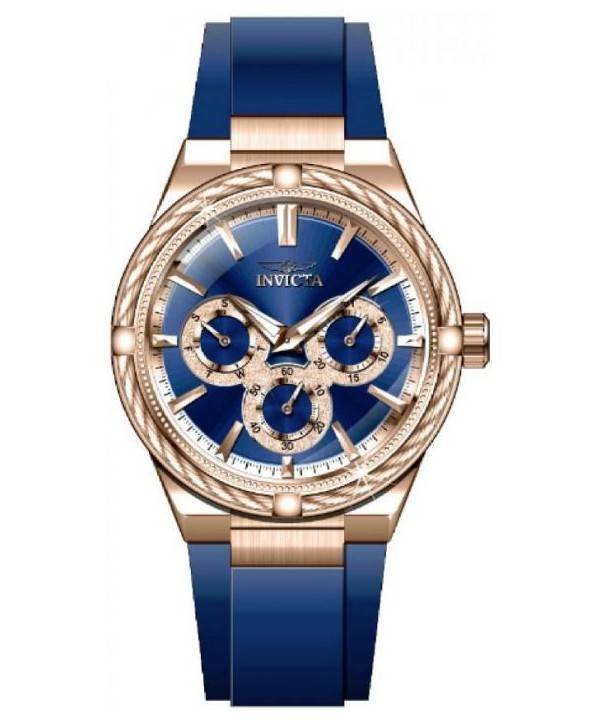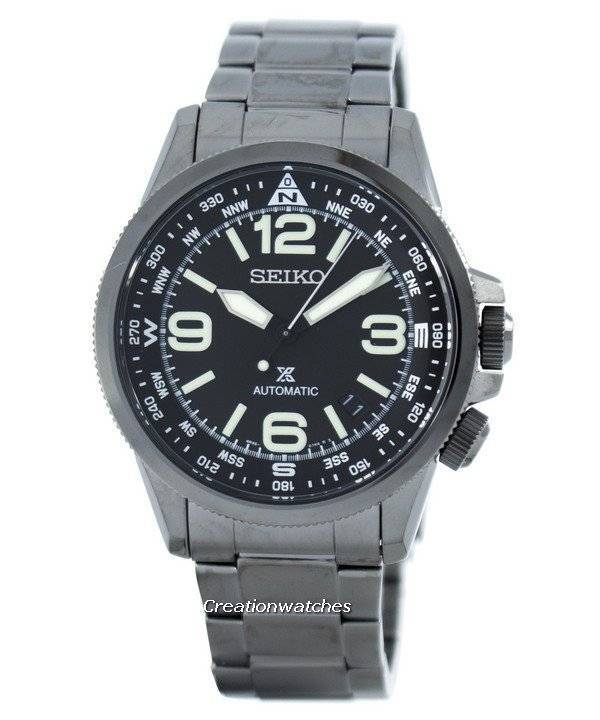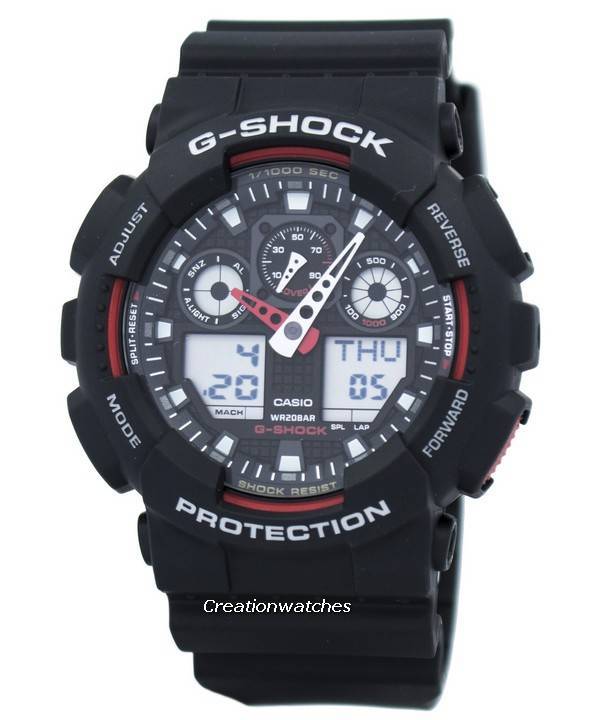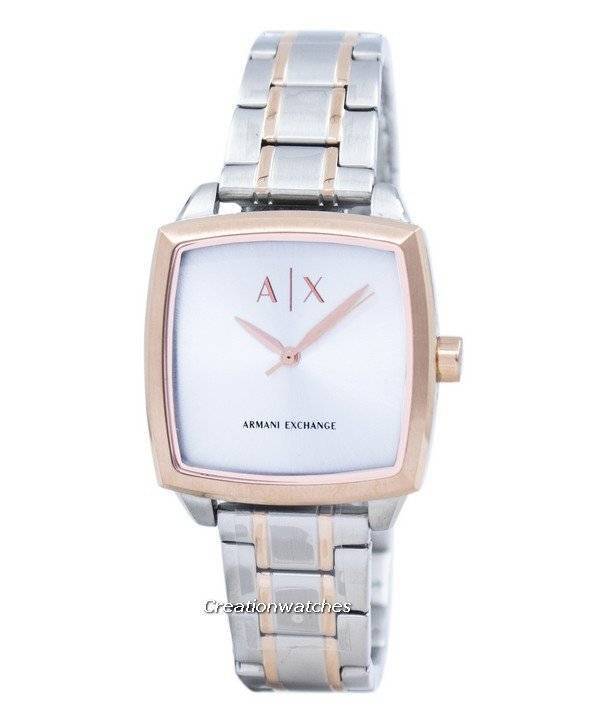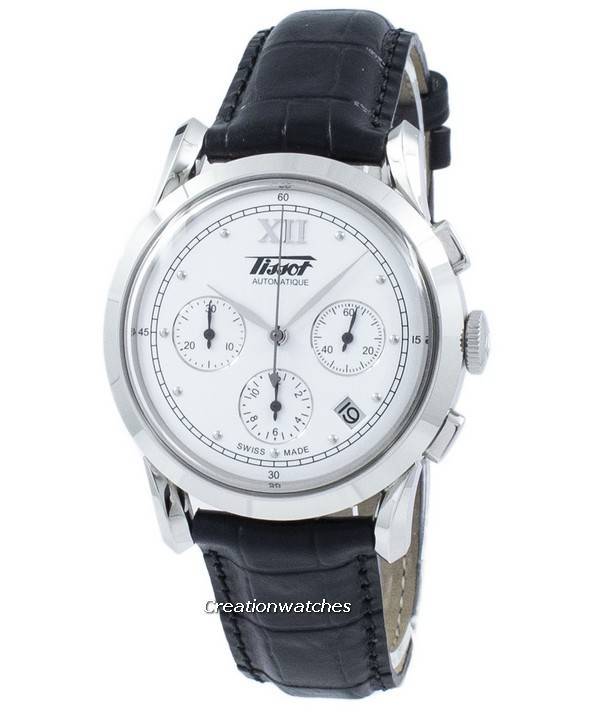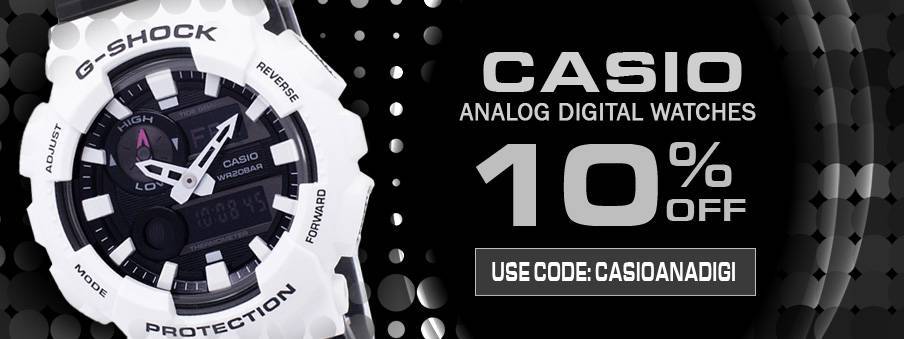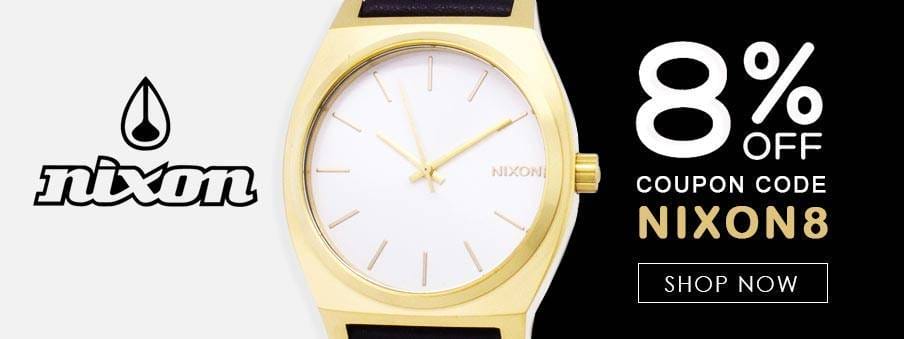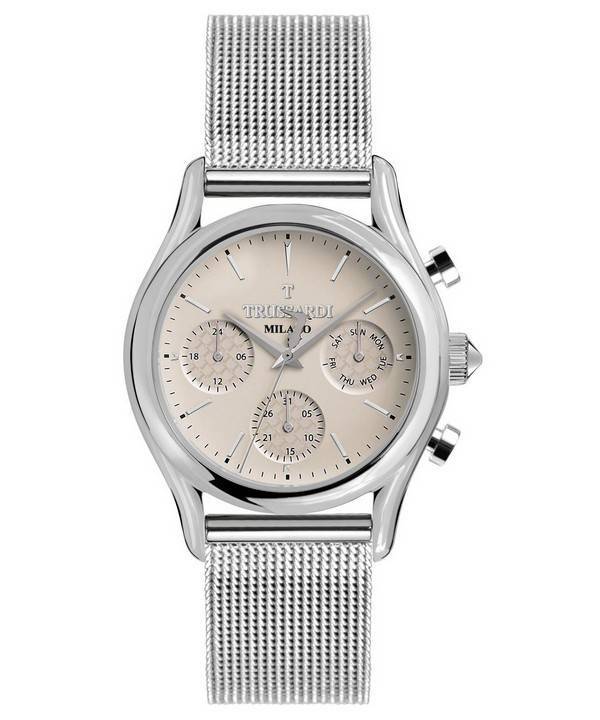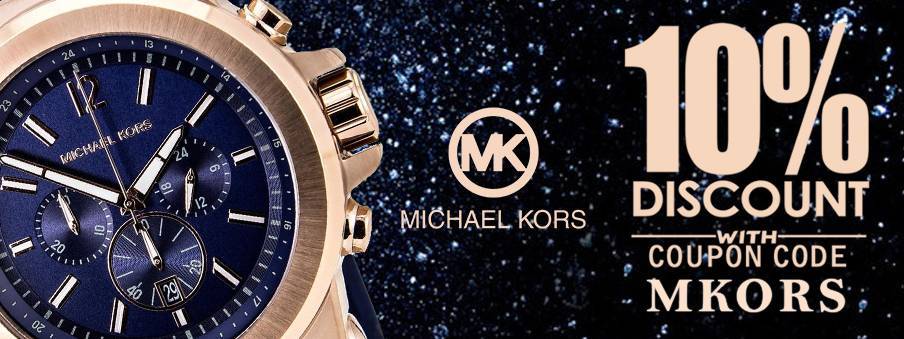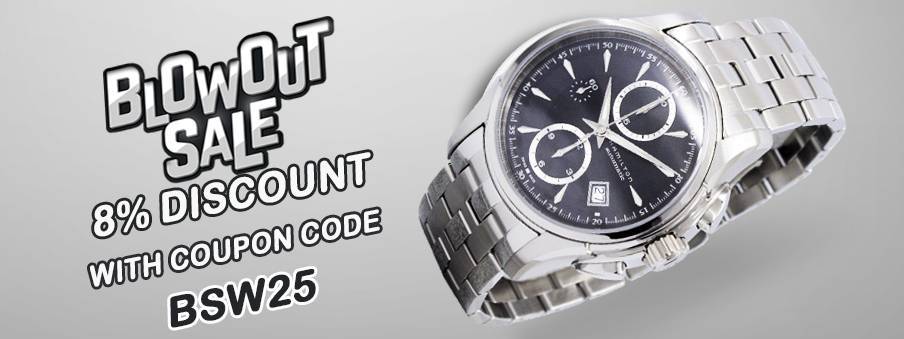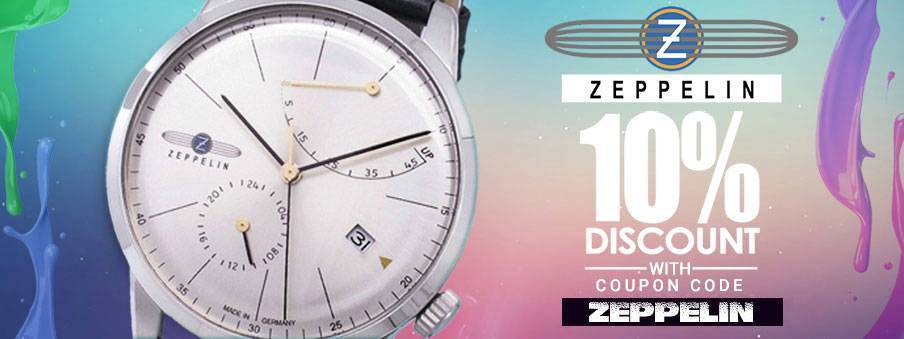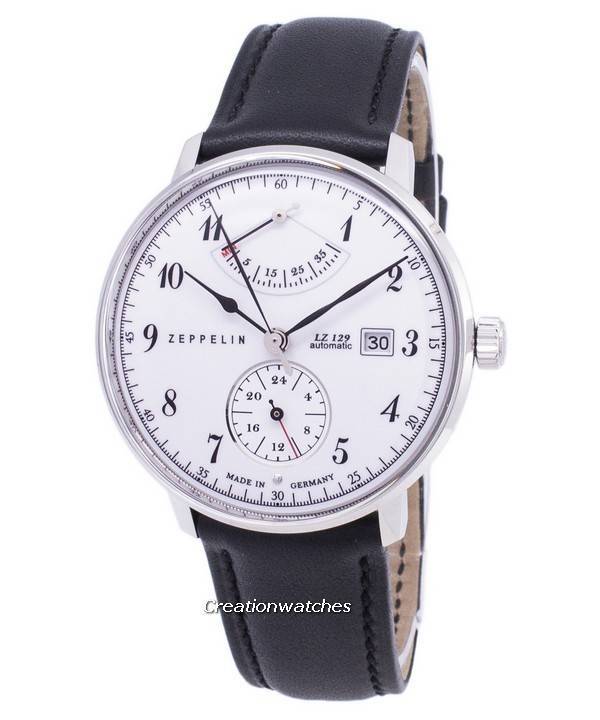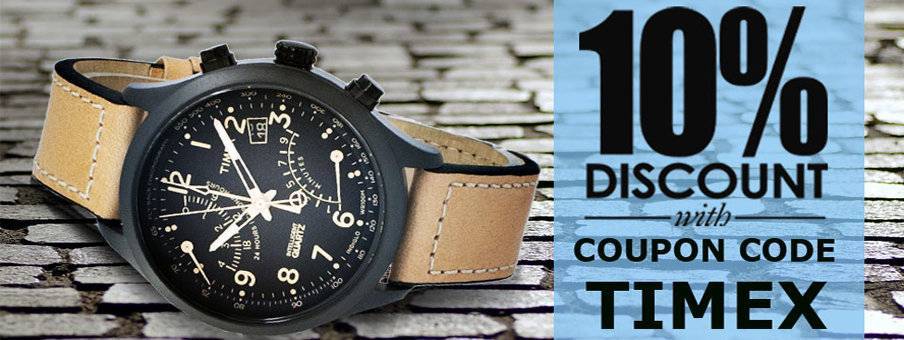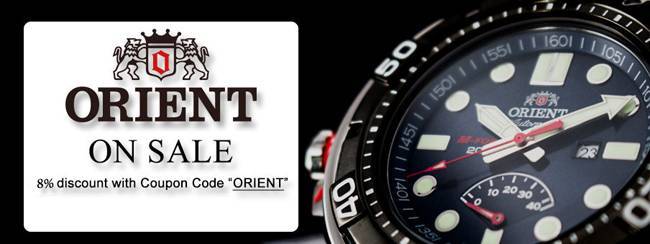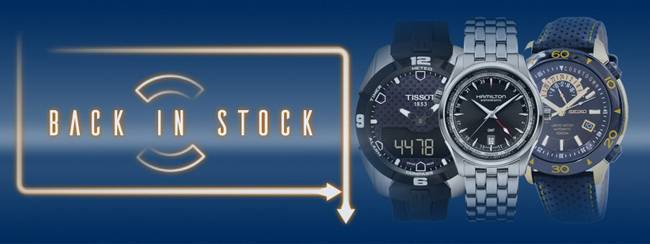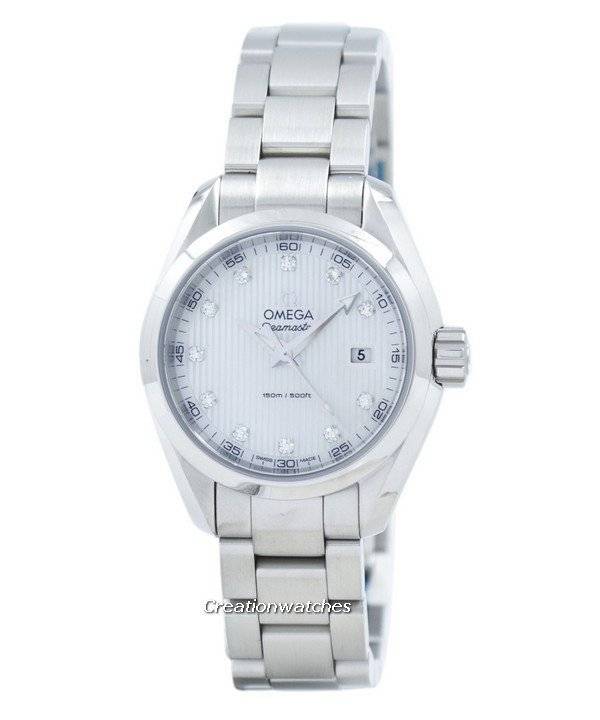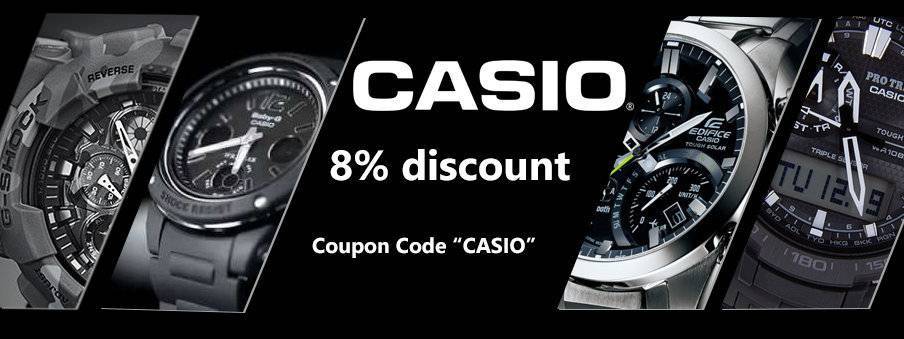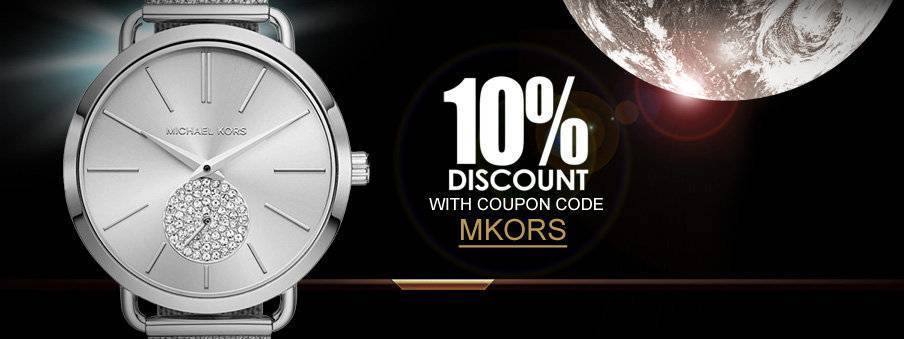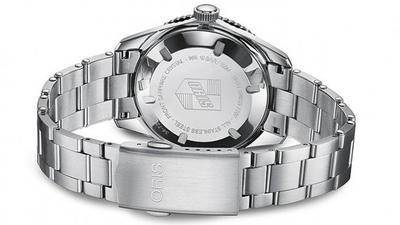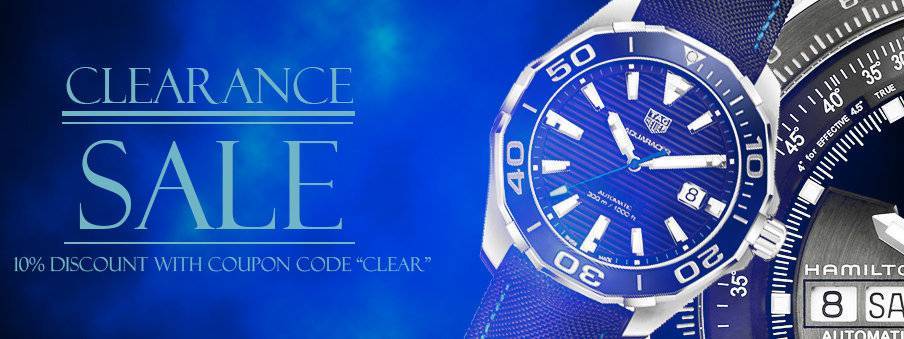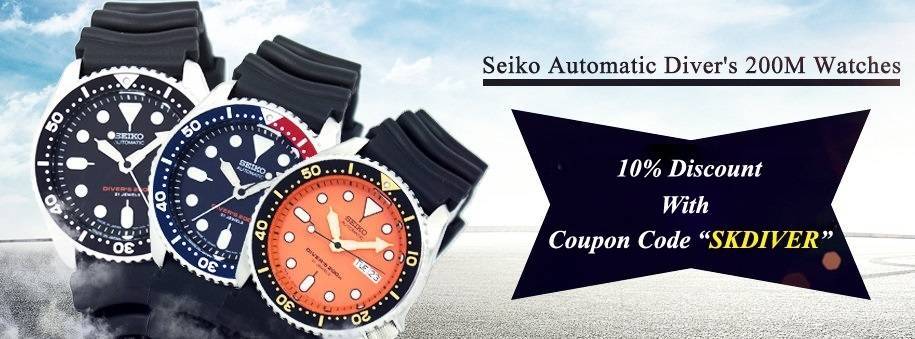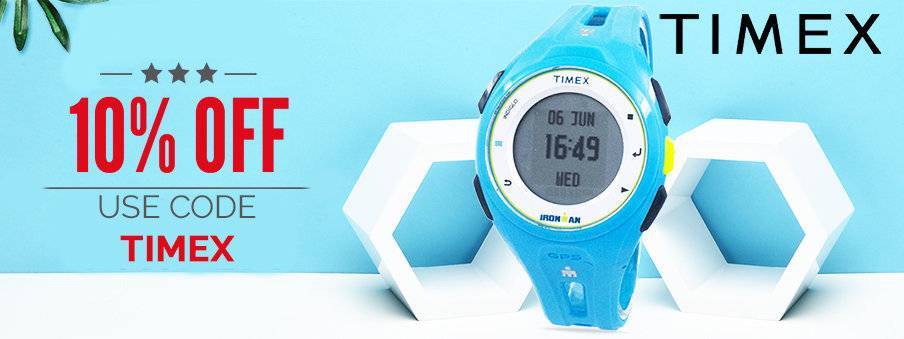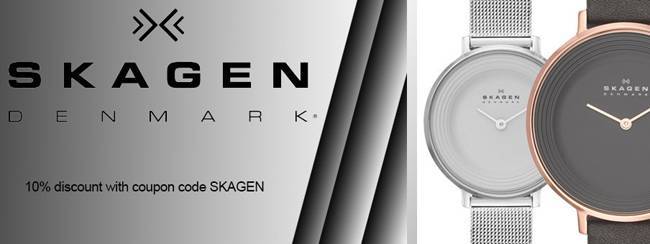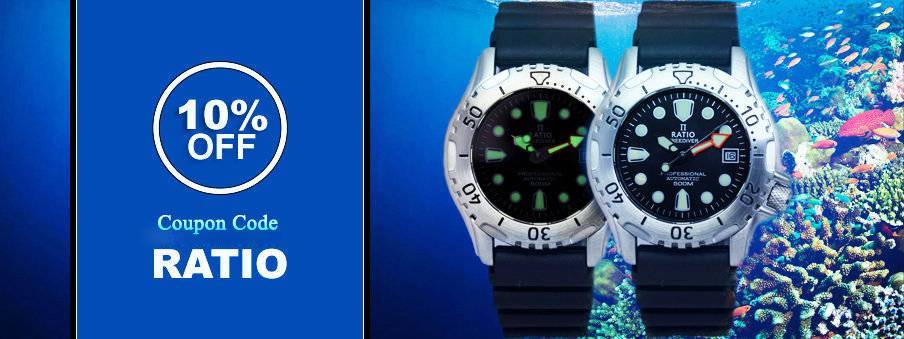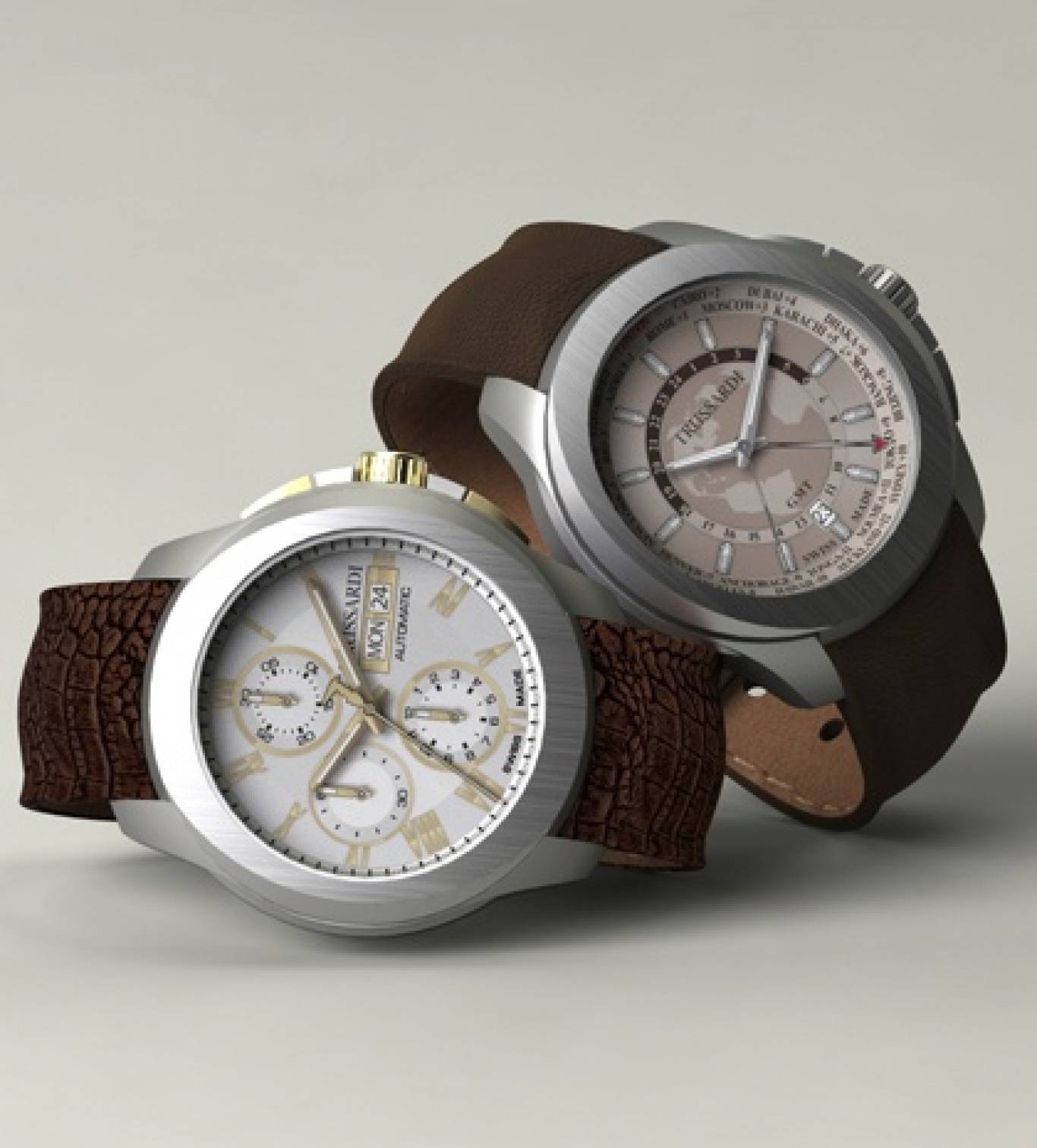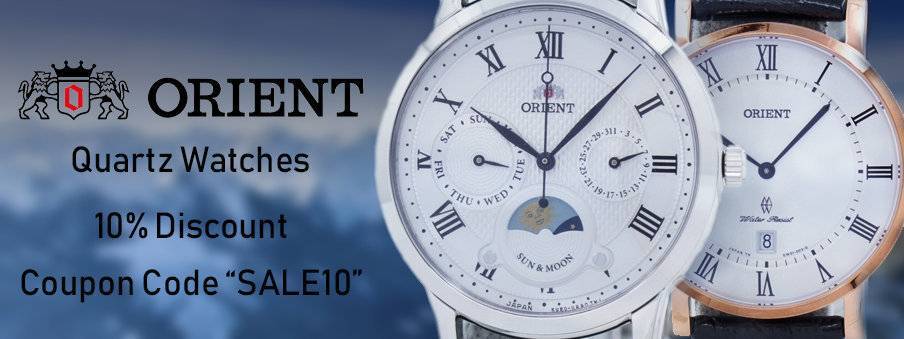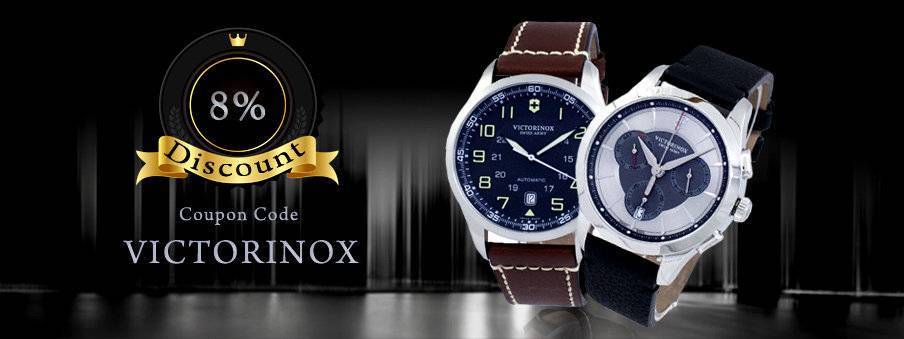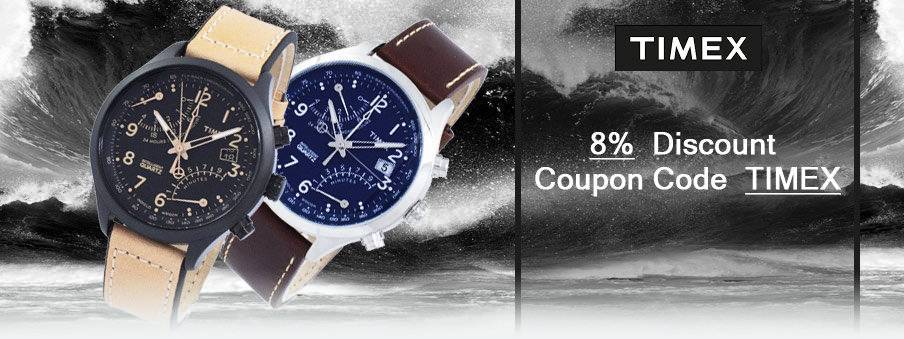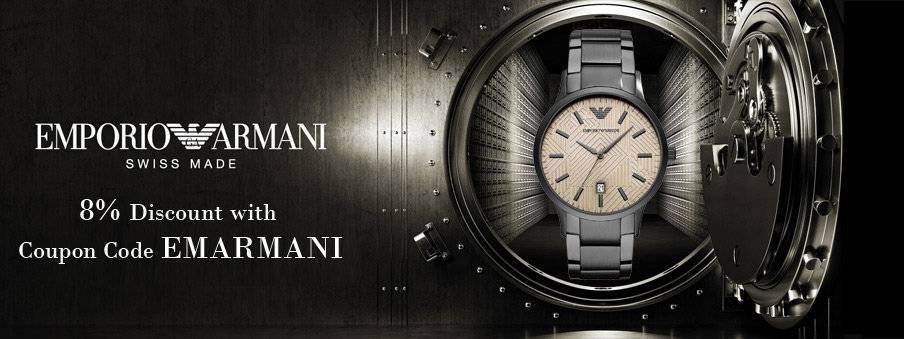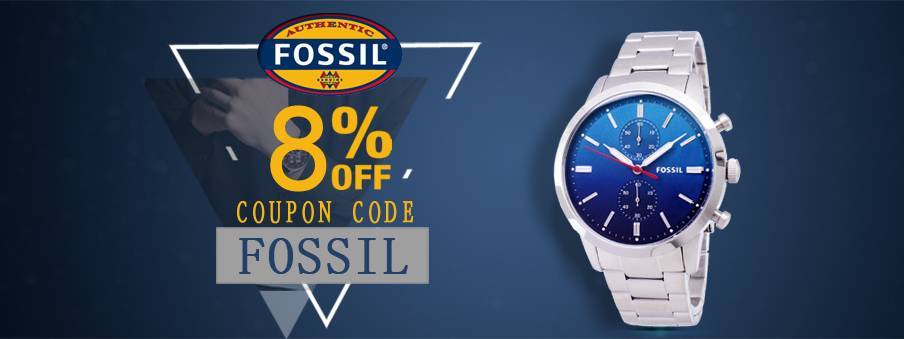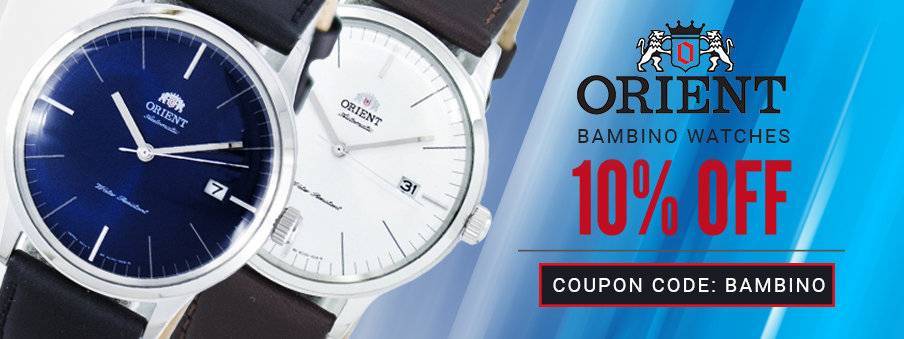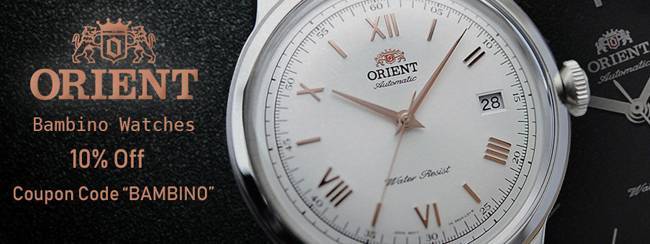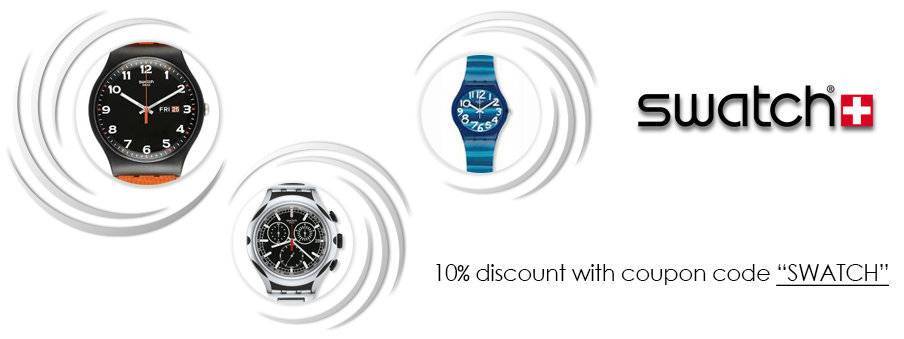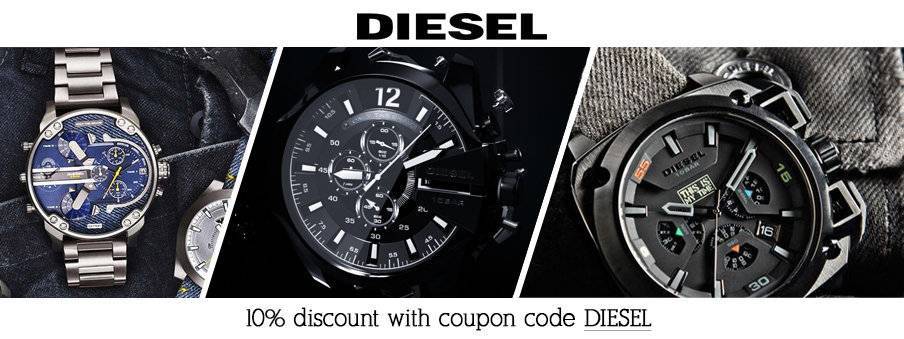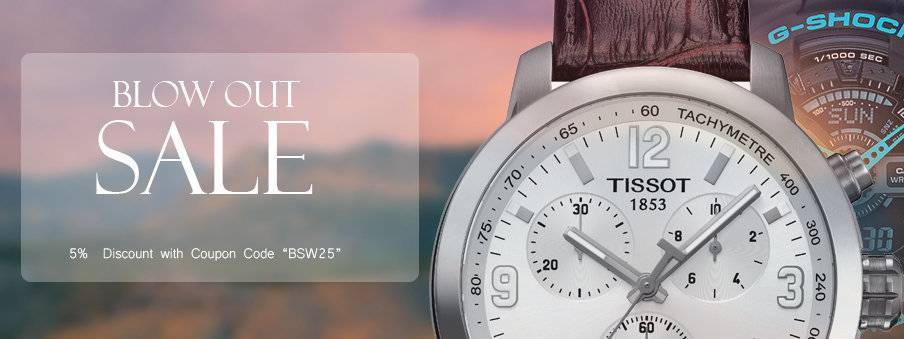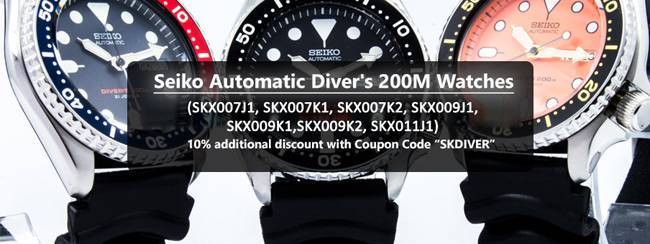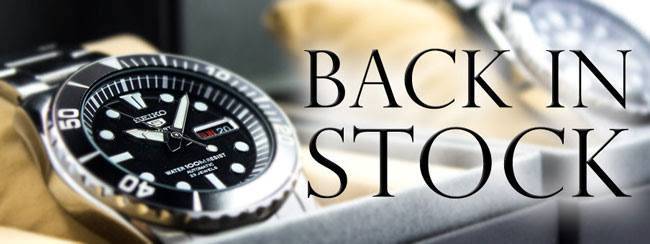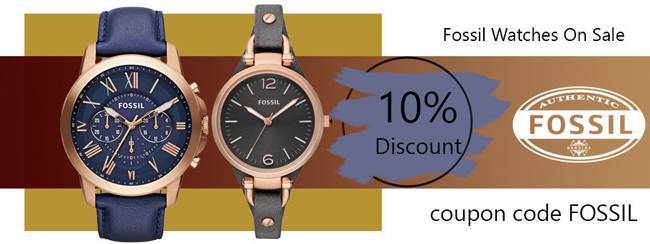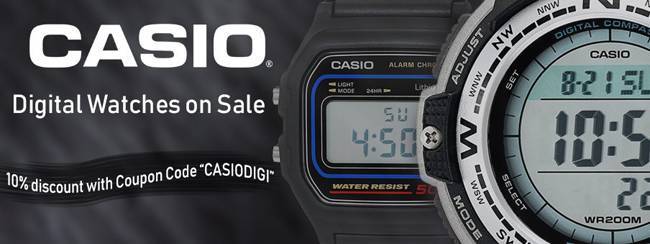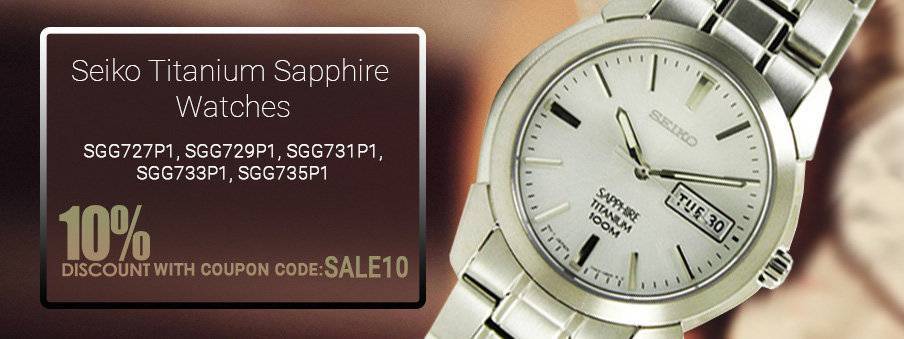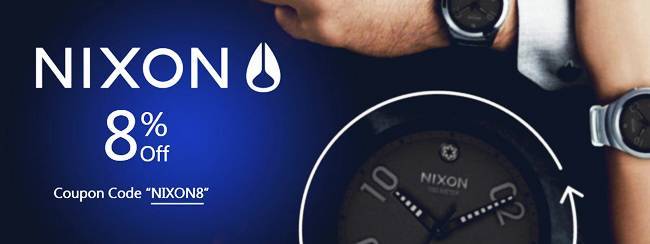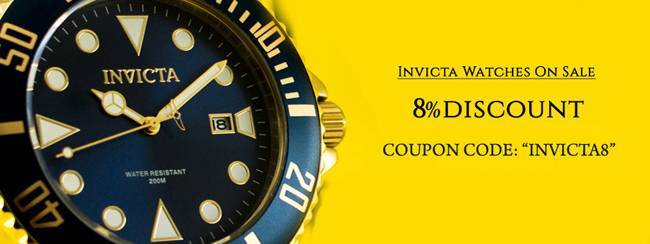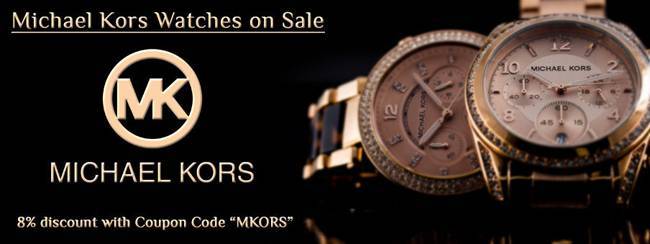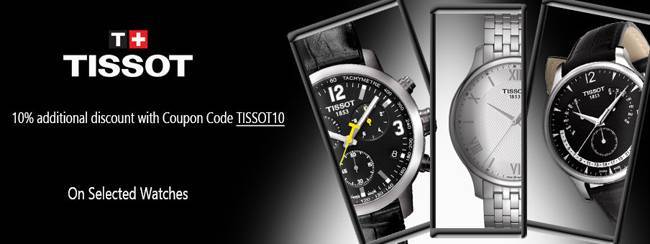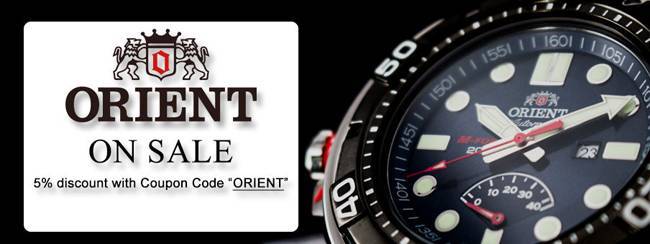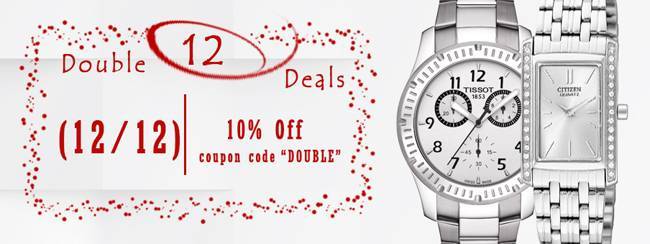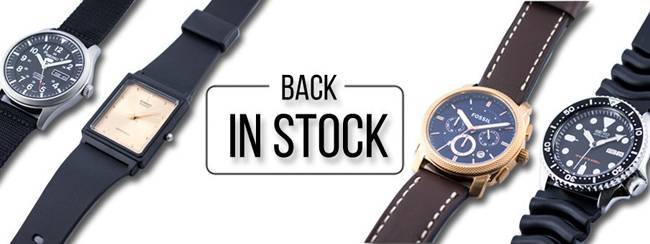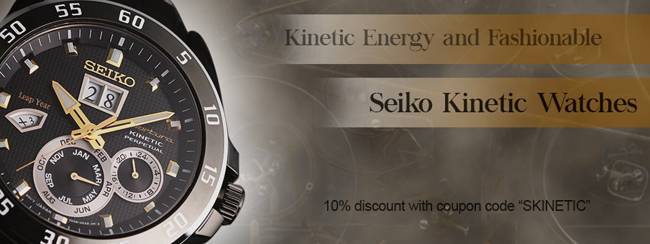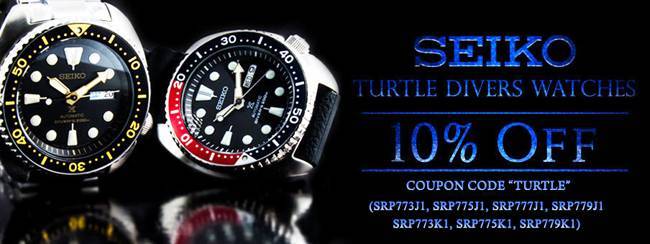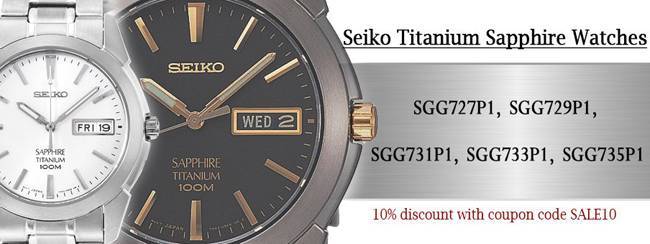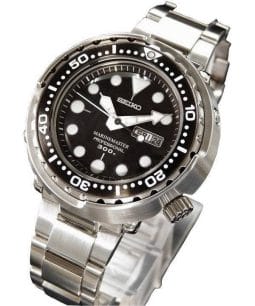 Getting academic about something you adore and follow with unquenchable thirst cuts the pleasure as much as watering down aged single malt straight from the cask. If you still want to get academic about it, hold it for sometime unless you have explored all existing watches and the technologies behind them and also remember them well. That will help relate theory to examples and practical applications better than starting with the theory alone. The engineering marvels, each with hundreds of meticulously assembled minuscule parts, are else tough to follow through. At least, with me.
Getting academic about something you adore and follow with unquenchable thirst cuts the pleasure as much as watering down aged single malt straight from the cask. If you still want to get academic about it, hold it for sometime unless you have explored all existing watches and the technologies behind them and also remember them well. That will help relate theory to examples and practical applications better than starting with the theory alone. The engineering marvels, each with hundreds of meticulously assembled minuscule parts, are else tough to follow through. At least, with me.
Or, if you don’t want to go the long way, here are three tips to help you choose a quality mechanical watch.
- Weight: Not the overall weight of the watch but just that of the actual watch. Heavy means it is good and reliable. But then again, the weight must not be only of the watch case’s. The weight makes a quality watch feel like a quality watch. It shows quality material has been used for its construction – for the movement, the case the glass and all that are under it.
- The Movement (The Sweep): Smoother the sweep, better it is. That’s true, top quality watches also don’t make the tell-tale tick-tock A GS or a Citizen automatic shall exhibit the passage of seconds gliding effortlessly, producing a flawless sweep. This also means the movement incorporates moe components to create that finely tuned rotation of the hand and shall also be heavier than a cheap, tick-tock movement. However, the most important aspect is Its accuracy, but mechanicals are given the margin ‘keeps time reasonably well’. That reasonably well must stay as close as possible to the exact time. Making a complex series of gears and springs move precisely takes rigorous standards to maintain, which is only possible by renowned and successful brands.
- The Brand: This denotes the pedigree that comes with your watch. It denotes the brand’s hold both on tradition and advancements and this reputation takes things a long way. The highest are definitely the Swiss, but if you want a watch that will last through hell and high waters on a regular basis, consider the Jap giants, e.g. Seiko. They are built tougher and better (in certain cases) yet costing a third (or less) of their Swiss counterparts. It’s legend should outlive you and Seiko does that well.
Does that mean a newcomer doesn’t get a chance?
That’s why you need to go through the technical side of it, which is getting academic. But before entering the monastery, you are granted the chance to explore as far as you will. Do that dutifully. I guess that’s what edutainment is all about.


